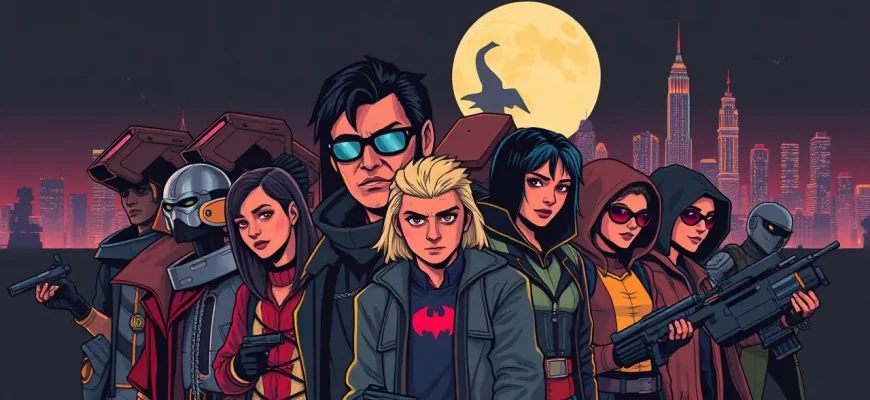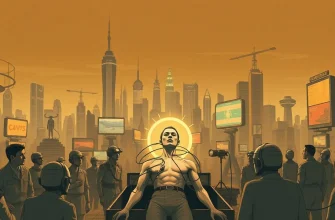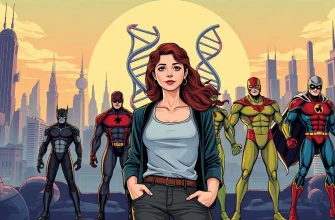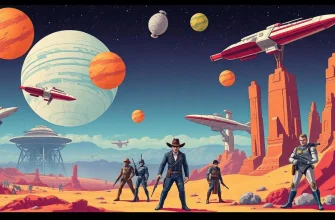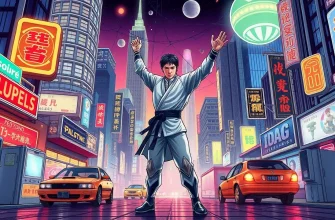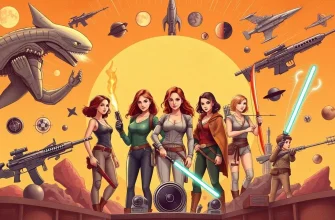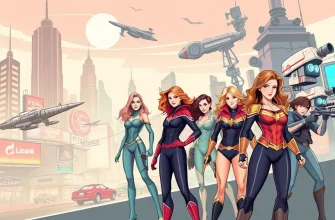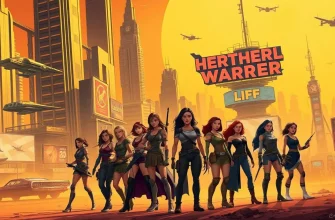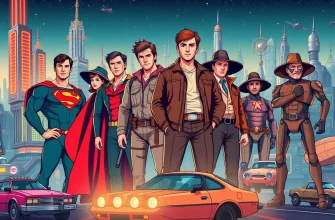Dive into the murky waters of science fiction where the lines between good and evil blur, and the protagonists are as flawed as they come. This collection of films showcases antiheroes who navigate through dystopian futures, alien invasions, and technological nightmares. Each film offers a unique perspective on what it means to be an antihero in a world where the stakes are high, and the moral compass is often broken. Whether you're drawn to the complexity of their characters or the thrilling plots they're entangled in, these films are sure to leave you pondering the nature of heroism.
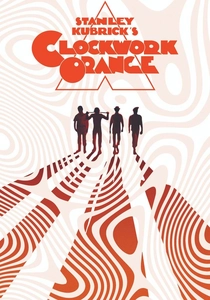
A Clockwork Orange (1971)
Description: This Stanley Kubrick masterpiece explores the life of Alex DeLarge, a charismatic yet violent youth in a dystopian future. His journey from a free-wheeling delinquent to a state-controlled "good citizen" raises questions about free will and morality, making him the quintessential antihero.
Fact: The film was banned in several countries due to its graphic violence. Kubrick himself withdrew the film from UK cinemas after threats were made against him and his family.
 Watch Now
Watch Now
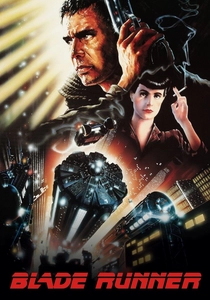
Blade Runner (1982)
Description: In a futuristic Los Angeles, Rick Deckard, a "blade runner," hunts down bioengineered beings known as replicants. Deckard's journey blurs the line between human and artificial life, making him question his own humanity and morality.
Fact: The film's director, Ridley Scott, was not satisfied with the original theatrical release and later released his own director's cut. Harrison Ford improvised the famous "I've seen things you people wouldn't believe" speech.
 Watch Now
Watch Now
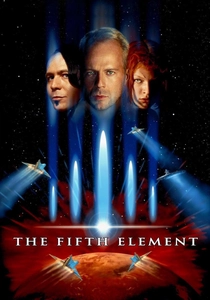
The Fifth Element (1997)
Description: Korben Dallas, a former special forces soldier turned taxi driver, becomes embroiled in a cosmic battle to save Earth. His reluctant heroism and unconventional methods make him an antihero in a visually stunning sci-fi adventure.
Fact: The film's futuristic New York was built on a massive set in Paris. Bruce Willis was paid $17 million for his role, making it one of the highest-paid roles at the time.
 Watch Now
Watch Now

The Matrix (1999)
Description: Neo, a hacker, discovers the truth about his reality and his role as "The One." His journey from a disillusioned programmer to a reluctant savior is fraught with moral ambiguity, making him an antihero in a world where reality is a construct.
Fact: The film's "bullet time" effect was groundbreaking at the time, requiring a complex setup of cameras and wires. The Wachowskis wrote the script in secret, fearing it would be stolen.
 Watch Now
Watch Now
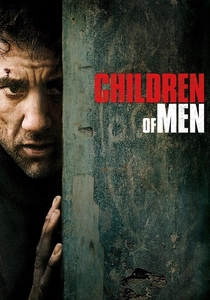
Children of Men (2006)
Description: In a world where humans can no longer procreate, Theo Faron, a former activist turned disillusioned bureaucrat, becomes the unlikely protector of the first pregnant woman in 18 years. His journey is one of redemption and reluctant heroism.
Fact: The film was shot in long, uninterrupted takes, giving it a documentary-like feel. The movie was inspired by P.D. James' novel but significantly deviates from the book's plot.
 Watch Now
Watch Now

Equilibrium (2002)
Description: In a future where emotions are outlawed, John Preston, a high-ranking government agent, begins to feel again, leading him to question the regime he serves. His rebellion against the system makes him an antihero in a world devoid of human emotion.
Fact: The film was heavily influenced by "Fahrenheit 451" and "
 Watch Now
Watch Now
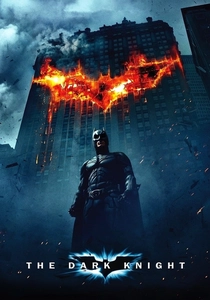
The Dark Knight (2008)
Description: Batman, Gotham's vigilante, faces his greatest challenge in the form of the anarchic Joker. His methods, often brutal and outside the law, make him an antihero in the eyes of many, especially when he takes the fall for Harvey Dent's crimes.
Fact: Heath Ledger's portrayal of the Joker won him a posthumous Oscar. The film was the first in the Batman franchise to be nominated for Best Picture.
 Watch Now
Watch Now
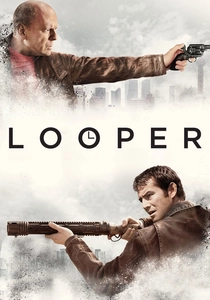
Looper (2012)
Description: Joe, a hitman who kills targets sent back in time, faces a moral dilemma when he must kill his future self. His journey from a self-serving killer to someone who seeks to change his fate embodies the antihero archetype.
Fact: The film was shot in chronological order to help the actors, especially Joseph Gordon-Levitt, maintain continuity in their performances. Bruce Willis improvised the line "I'm going to fix this."
 Watch Now
Watch Now

Elysium (2013)
Description: Max Da Costa, a former criminal, seeks to infiltrate the space station Elysium to cure his radiation poisoning and save the world. His methods are questionable, but his cause is noble, making him an antihero in a class-divided future.
Fact: The film was shot in Vancouver, Canada, with the Elysium station built on a soundstage. The director, Neill Blomkamp, used real-life issues of inequality as inspiration.
 Watch Now
Watch Now
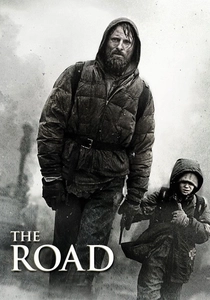
The Road (2009)
Description: In a post-apocalyptic world, a father and son journey through a desolate landscape, facing moral dilemmas and the harsh reality of survival. The father's actions, driven by desperation, paint him as an antihero in a world where humanity is nearly extinct.
Fact: The film was shot in Pennsylvania, with the crew using real locations to capture the bleak atmosphere. The book by Cormac McCarthy was adapted with minimal changes.
 30 Days Free
30 Days Free

